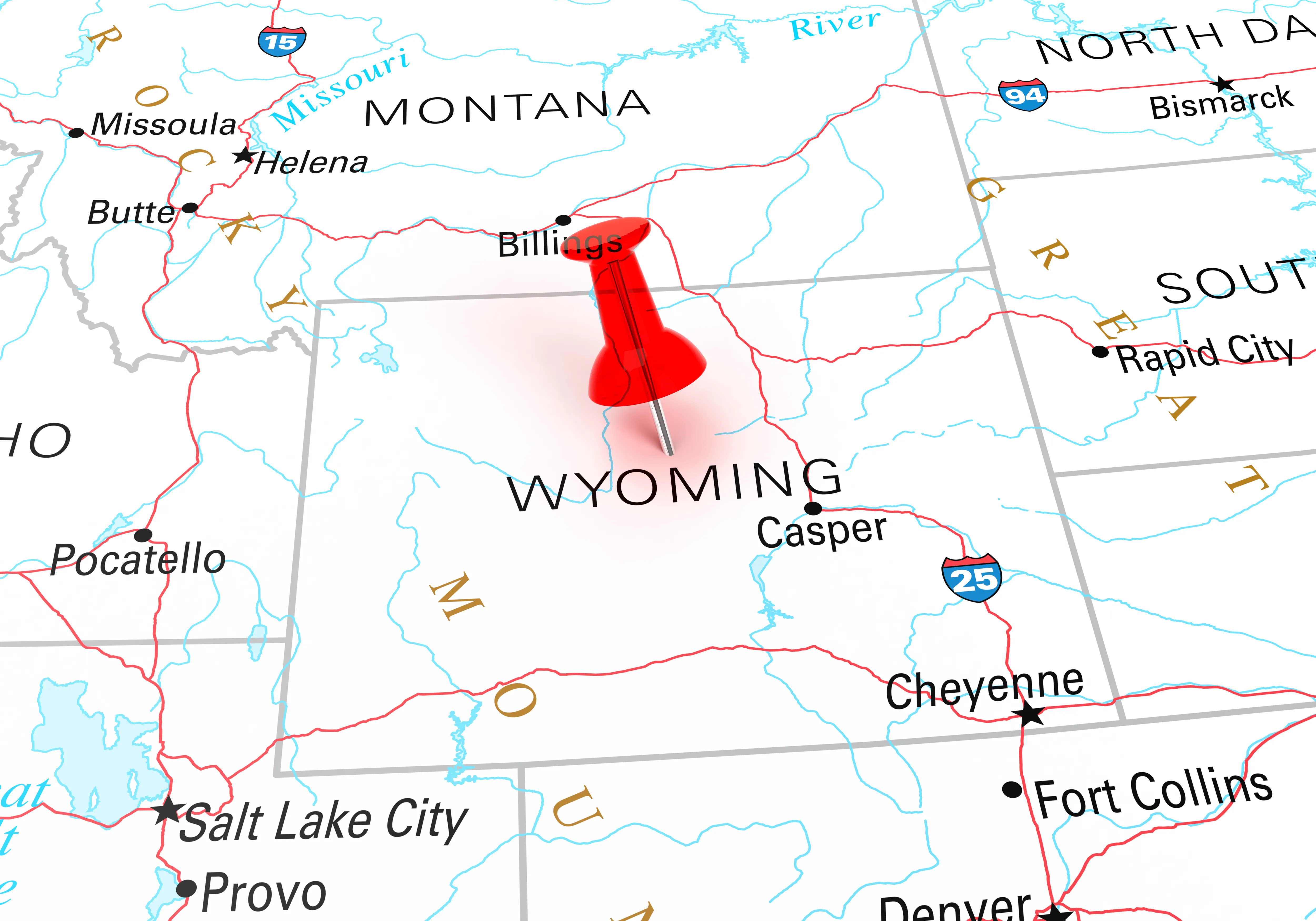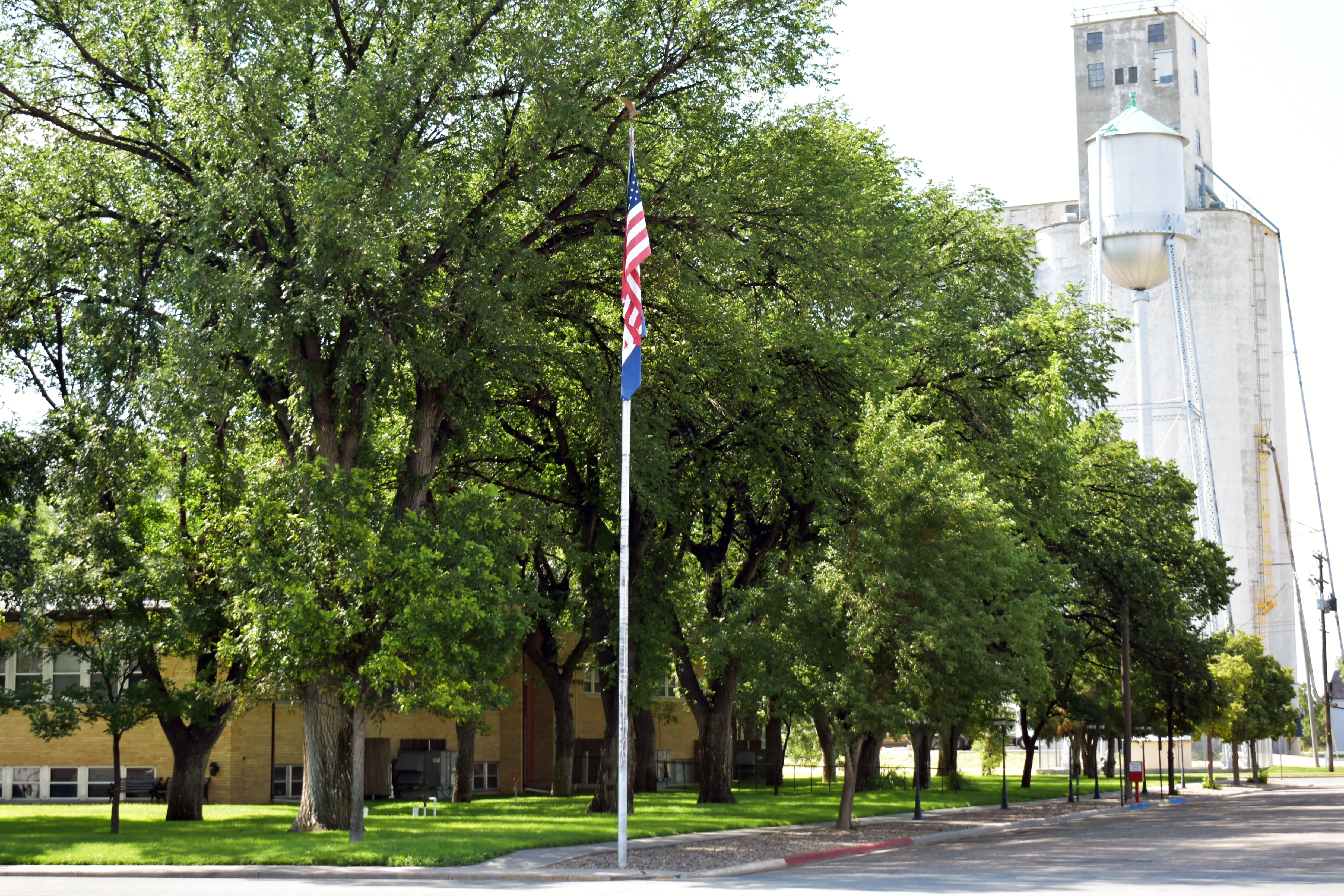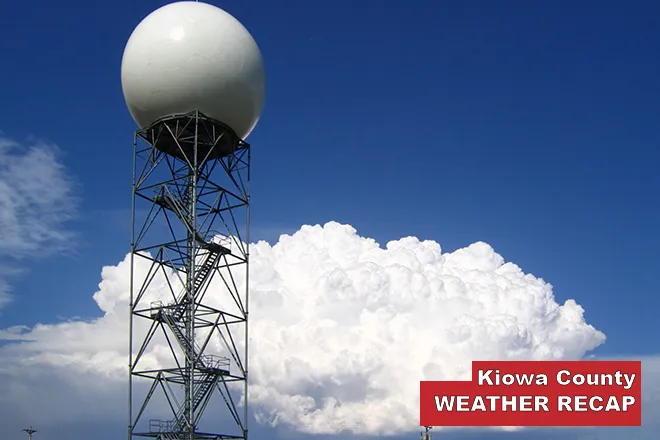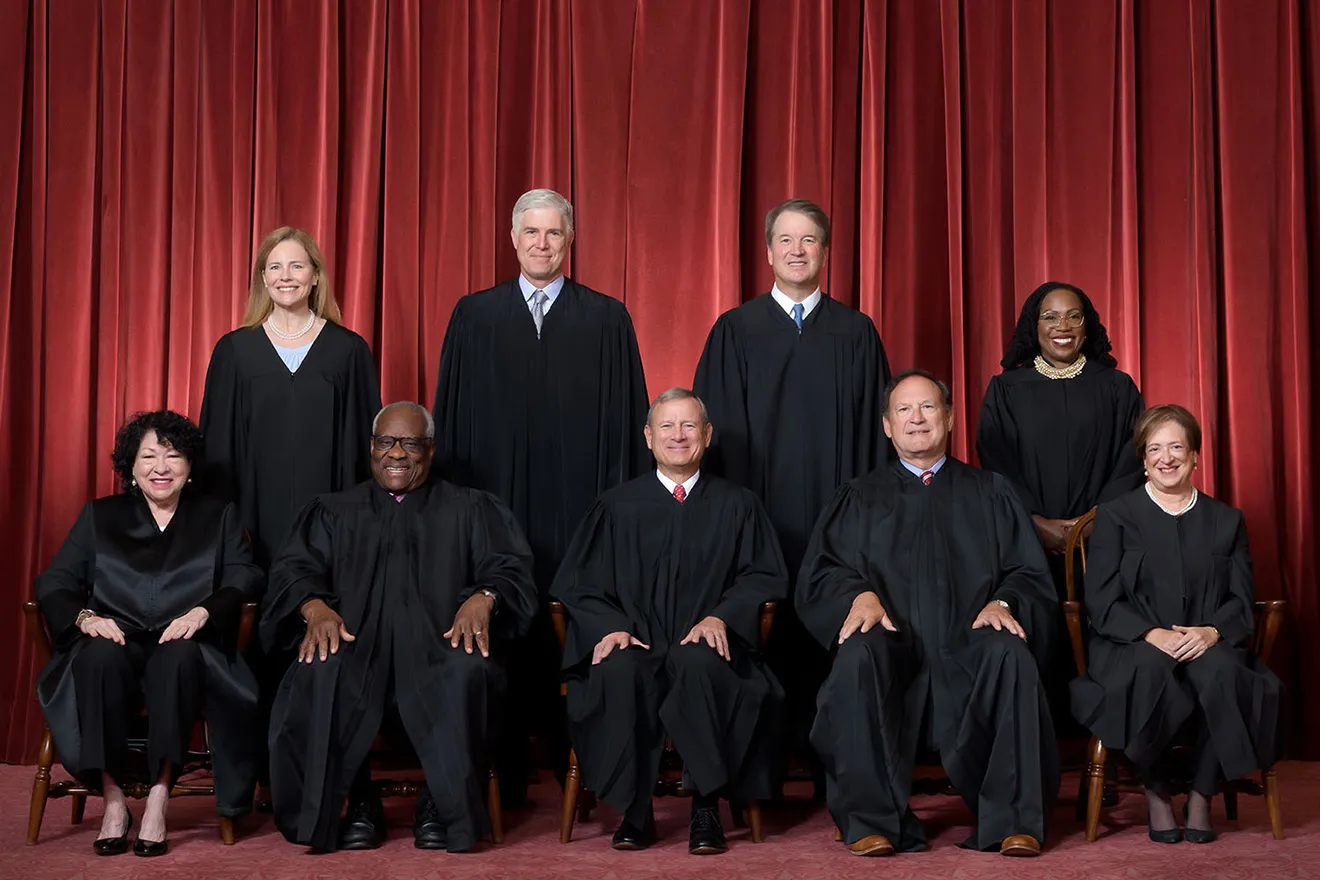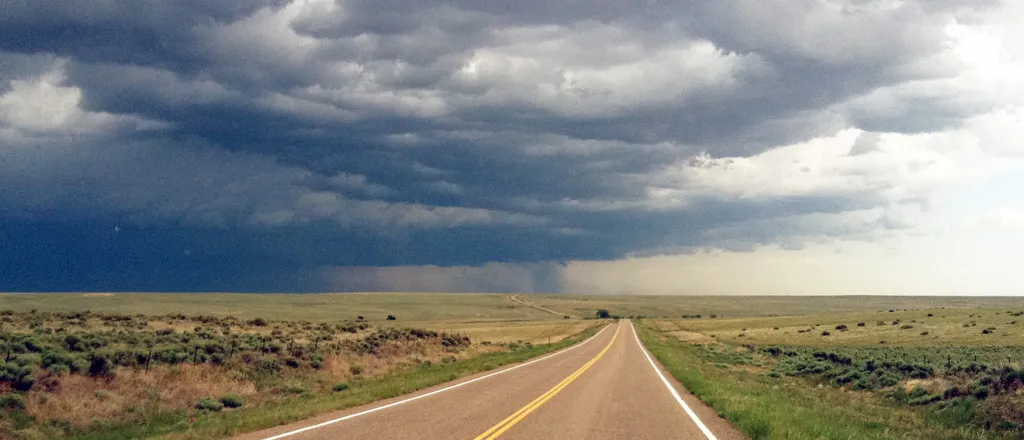
Storm chasers concerned about potential Oklahoma ‘tracker’ bill as chasing grows in popularity
Weather enthusiasts across the Plains are concerned about a proposed Oklahoma bill that they fear could empower some storm chasers over others.
Oklahoma Representative Scott Fetgatter introduced House Bill 2426 last month to create a special license that would allow personnel from legacy TV stations and weather researchers affiliated with specified universities operating around severe thunderstorms, to act as emergency responders in the immediate aftermath of a tornado.
The Oklahoma House Business Committee passed the bill February 4. If it becomes law, the measure would allow licensed storm chasers to affix flashing lights on their vehicles, giving them right-of-way through red lights and on closed roads. The storm tracker license would cost about $500 with a renewal fee of $250. In a statement, Fetgatter, a Republican from Okmulgee, Oklahoma, said the bill is still a work in progress.
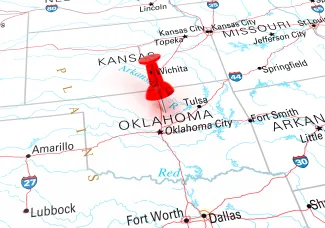
WeatherNation meteorologist and storm chaser Erik Fox said he is actively trying to kill the bill because it could potentially create “some constitutional issues” from people simply watching the weather, although he understands the need for enhanced road safety measures as more people pursue storms.
“When I started chasing, I was lucky to see maybe five chasers on any storm,” Fox said. “Now it’s more like 20 to 30.”
Roughly 5,000 people across the country and internationally come to the Great Plains every year to chase storms. Alongside the growing number of chasers is the higher likelihood of them encountering damaged structures and injured people because of their proximity to a storm.
Nemaha County emergency management director and storm chaser Eddie Aldrine said anybody who wants to learn about storm chasing should also take a CPR class and “get to know your first aid kit.”
“Having the knowledge to save your life or someone else’s life is paramount because you may be the only help for miles around, due to the rural environments storm chasers normally operate in,” Aldrine said.
Aldrine taught a first aid class at the National Storm Chaser Summit, which took place February 14-16 in Overland Park. Previous storm chaser conventions were held in Dallas, Denver, and Oklahoma City.
The event was originally called ChaserCon and was created in 2002 by storm chasers Tim Samaras and Roger Hill to provide an opportunity for weather enthusiasts to gather and share stories about their chases. Fox went to his first ChaserCon in 2008 and said he made some lifelong friends there.
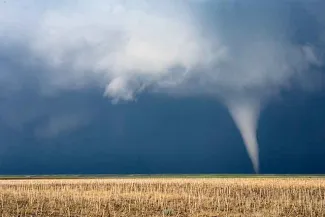
Tornado. © mdesigner125 istock.com
Severe weather researcher Tim Samaras, along with his son, Paul, and their friend, Carl Young, were killed in 2013 by a 2.6-mile-wide multi-vortex tornado near El Reno, Oklahoma. Following their deaths, the convention morphed from a loosely organized social party with a couple of speakers into a professional education and networking-focused event with two days of presentations.
Fox is now president and founder of the chaser summit.
“I vowed when I took it over I was going to move it around to give everybody a chance to attend,” Fox said. “The Overland Park area has a very, very huge chaser contingent.”
This is the second year the summit has sold out of tickets, as interest in both severe weather and storm chasing continues to grow following the 2024 release of “Twisters,” a sequel to the 1996 Hollywood film “Twister,” which popularized storm chasing and studying tornadoes.
Kansans have other opportunities to learn more about severe weather this spring. National Weather Service meteorologists across the state are preparing for storm spotter talks, which are held annually in all 105 Kansas counties.
Spotter presentations began earlier in February in Labette and Neosho counties. Schedules for the spotter talks can be found on individual National Weather Service sites for Dodge City, Goodland, Topeka andWichita.
A virtual spotter training program is also offered through the NWS Topeka office. It will take place March 17. People interested in the virtual program can register online.
Kansas Reflector is part of States Newsroom, a nonprofit news network supported by grants and a coalition of donors as a 501c(3) public charity. Kansas Reflector maintains editorial independence. Contact Editor Sherman Smith for questions: info@kansasreflector.com.

